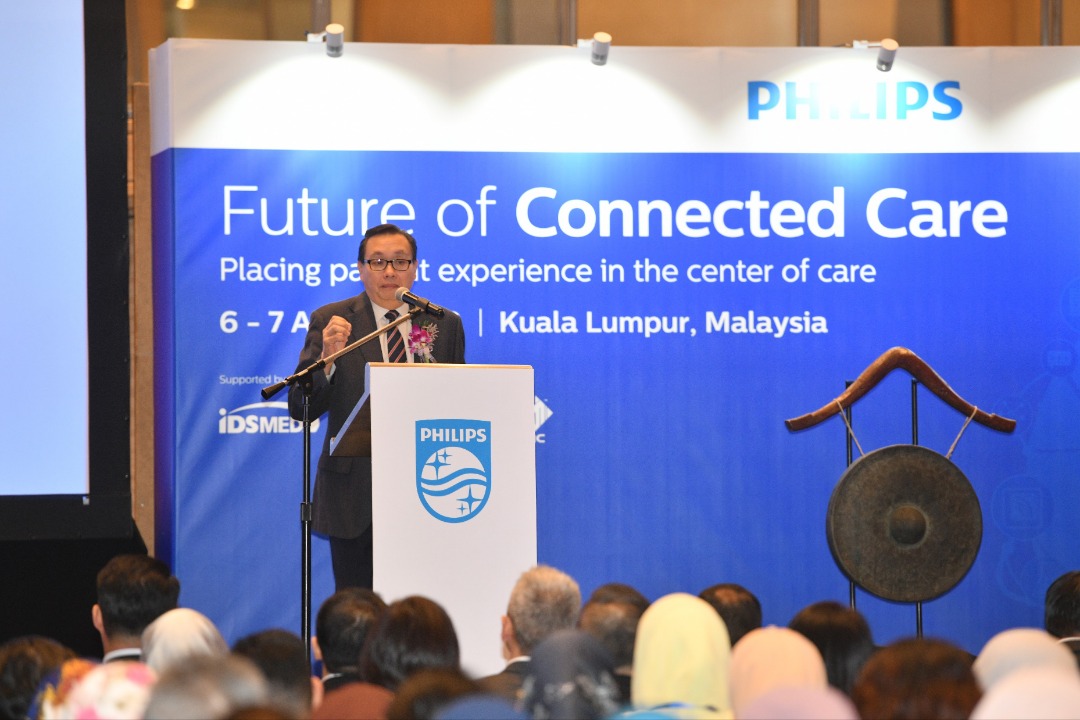KUALA LUMPUR, Dec 1 — Eight in 10 people living with HIV in Malaysia and individuals at-risk turned to telehealth services during the Covid-19 pandemic that has disrupted testing and treatment, according to a survey.
In the survey by Gilead Sciences and the Malaysian AIDS Council, of the group of respondents that used telehealth services, 42 per cent used telehealth to consult their doctors via phone or video calls, while 39 per cent used telehealth to access medication.
The pulse survey by US pharmaceutical company Gilead Sciences and local advocacy group Malaysian AIDS Council — which interviewed 264 respondents in Malaysia — found that one of four people living with HIV and about five of 10 individuals-at-risk in Malaysia either reduced, or did not visit hospitals or their point-of-care to receive HIV care, whether for testing, treatment, or preventive care.
About one in five people living with HIV in Malaysia reported a decrease in taking routine HIV tests, such as viral load tests. Concerns of getting infected (42 per cent) and doctors’ recommendation to have less frequent testing (44 per cent) were the main two reasons for the decrease.
At the same time, about one-third of individuals at-risk have reduced frequency of tests and majority of them attributed it to concerns with getting infected at the point-of-care (55 per cent), as well as travel restrictions (45 per cent).
“While the Covid-19 pandemic has caused interruptions to PLHIV (people living with HIV) and individuals at-risk receiving care, we have seen that telehealth services for both HIV prevention and management represents an innovative way of providing HIV care in the on-going pandemic and in future,” said Malaysian AIDS Council president Dr Christopher Lee in a statement.
“As the health system is overwhelmed with current fight against the pandemic, further implementation and adoption of telehealth can ensure continuity of care for HIV patients and those at-risk during these challenging times and in the future.”
Dr Lee also noted that reduced access to HIV tests, particularly for people who are at risk of getting infected, could lead to health complications and increase transmission rates overtime, especially since many people still do not know their HIV status.
“This pulse survey shows that ensuring access to critical HIV care services is an important public health priority especially when an end in sight to the pandemic remains uncertain.
“Gilead is committed to collaborating with the HIV community from public health authorities to prescribers, patient groups and civil societies in Malaysia and across the region to identify strategies that can close the gaps to care to ensure the continuity of vital HIV care services during these challenging times and beyond,” said Dr Wong Tin Hung, associate director, HIV Medical Affairs, Gilead Sciences.
The “Impact of COVID-19 on access and delivery of HIV care in Asia Pacific” survey was conducted online from October to mid-November, in 10 countries and territories in Asia Pacific (Hong Kong, India, Japan, Malaysia, Philippines, Singapore, South Korea, Taiwan, Thailand, and Vietnam) by Kantar Health, funded by Gilead Sciences, with the provision of guidance and support from Malaysian AIDS Council.
The survey was disseminated to local medical societies, HIV patient groups and care centers across Asia Pacific. A total of 1,265 respondents, comprising 667 people living with HIV, 455 individuals at-risk and 143 HIV care prescribers, participated in the survey.








